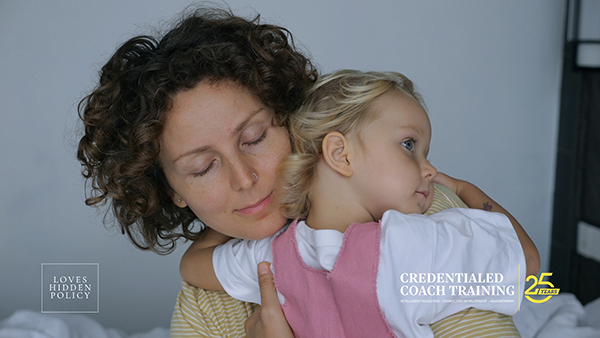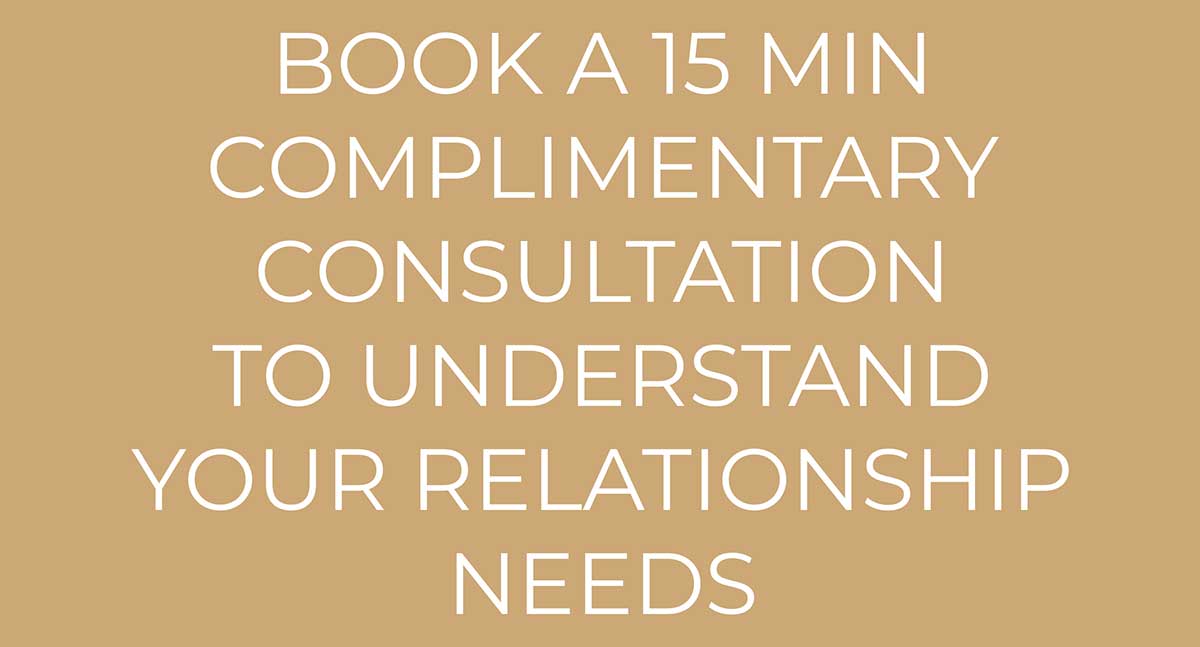
As human-beings we make meaning from our experiences as a child, and continue to do so as an adult. But in our early years as children, we construct most of our positive or negative narratives (stories) about ourselves. These meanings link with our past history of attachment, and our relationships. We make most of our meanings through the lens of past relationships.
When a parent–child relationship has been under stress children tend to make negative meanings and develop negative beliefs about themselves. Their memories of past relationships and experiences were stressful, and this affects the forming of a negative self-concept. Someone with a negative self-concept will have more difficulty self-regulating. This can be changed with awareness of what is needed to self-regulate, and by working with an experienced credentialed coach.
When we have experienced warm, caring, kind and enjoyable interactions in our parent-child relationship as a child, memories of past relationships are positive. So, positive meanings and positive beliefs are formed. The memories of past relationships and experiences were caring and enjoyable, and this builds a positive self-concept, or secure attachment. Someone with a positive self-concept will self-regulate themselves more easily, as it is natural for them to care for, and respect themselves.
The meanings we make as children and adults are completely unique to us. For example, what determination, or faith, or exercise, means to a person, will be different from one person to another.
When exploring and defining our values, or refining them, due to meaning making we should be sure to use words that are the most important to us, and mean the most to us, and not copy other people’s values, goals, etc. This way we will build our truest foundation with our values, upon which we can align more clearly – our goals and our vision of who we want to ultimately become.



